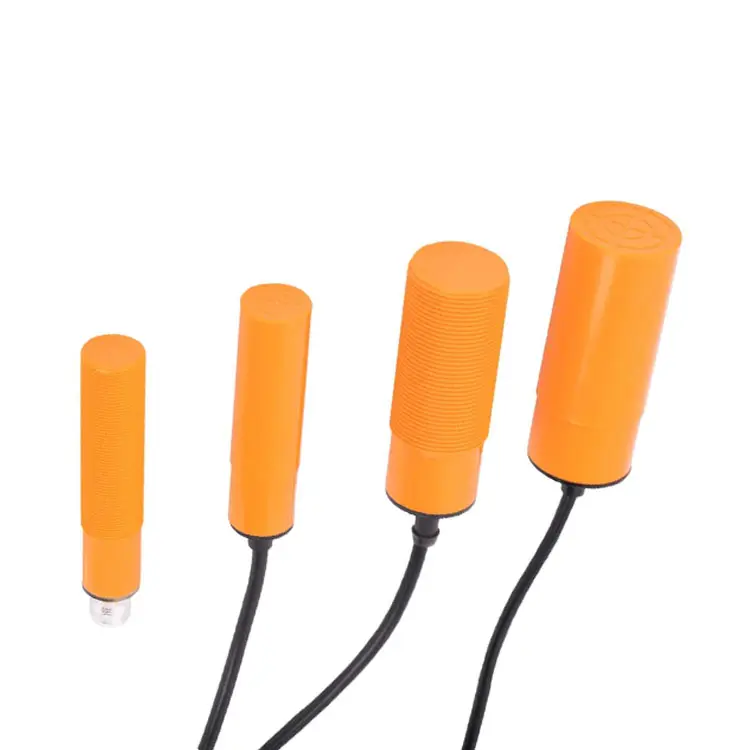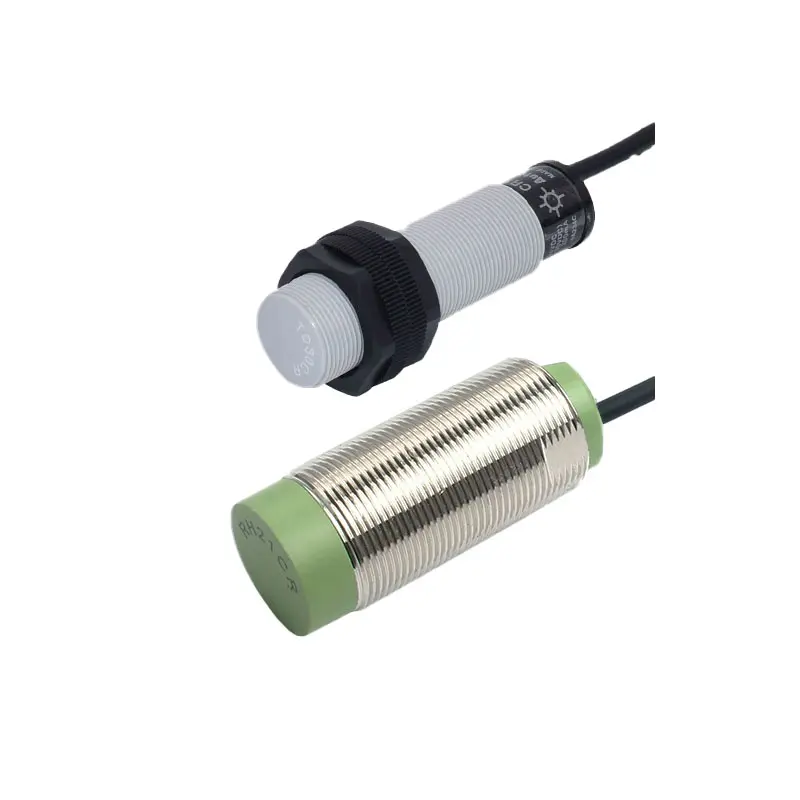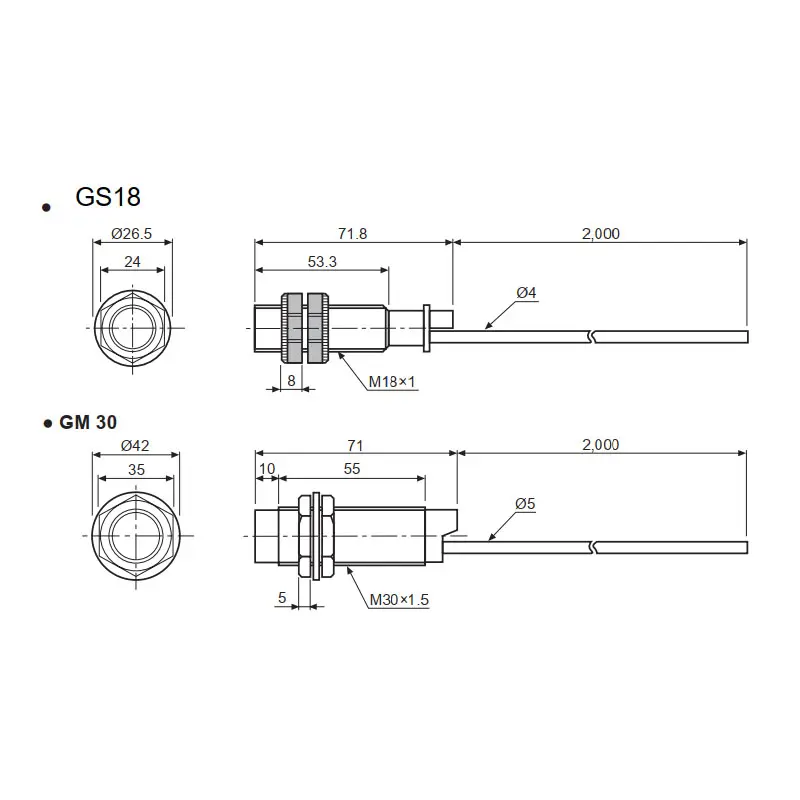AC proximity switches offer numerous compelling advantages that make them essential components in industrial automation systems. Their non-contact operation eliminates mechanical wear and tear, significantly extending the sensor's operational lifespan compared to traditional mechanical switches. This contactless sensing capability ensures consistent performance even in environments with high vibration or frequent target movements. The sensors provide exceptional immunity to electrical noise and interference, thanks to their AC operating principle, making them highly reliable in industrial settings where multiple electrical devices operate simultaneously. Their solid-state construction eliminates moving parts, reducing maintenance requirements and increasing system uptime. AC proximity switches demonstrate remarkable environmental resilience, functioning effectively in extreme temperatures and maintaining their performance despite exposure to dust, chemicals, and moisture. These sensors offer quick response times and high switching frequencies, enabling precise detection in fast-moving applications. Their simple installation and alignment requirements reduce setup time and maintenance costs. The built-in short circuit and overload protection features ensure safe operation without additional protective devices. They provide consistent detection regardless of the target's surface condition, whether clean, rusty, or coated. The sensors' ability to operate through non-metallic materials allows for protected installation behind plastic or glass barriers. Their compact design facilitates installation in space-constrained applications while maintaining high detection accuracy. The long-term stability and repeatability of AC proximity switches make them ideal for automated quality control and process monitoring applications.


